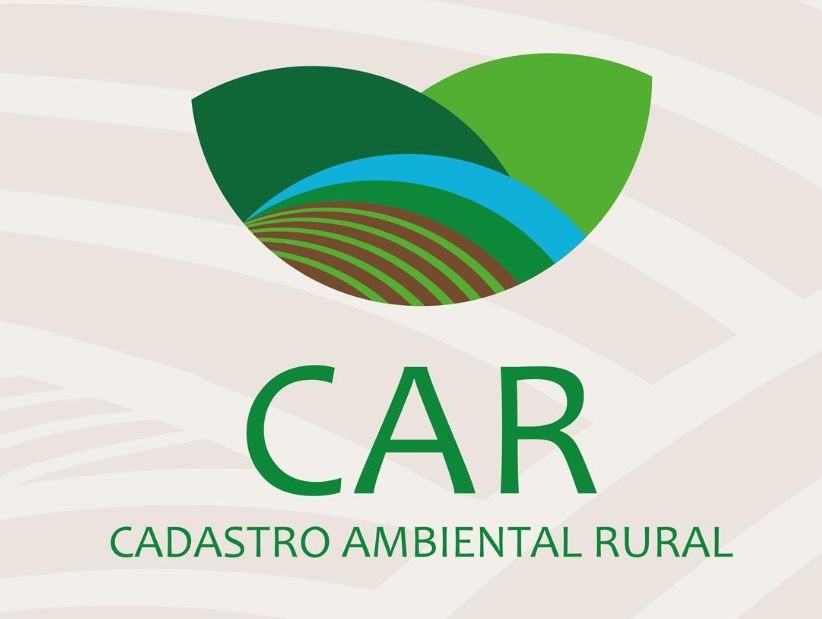
As organizações integrantes do Observatório do Código Florestal vêm demonstrar seu descontentamento diante da recente sinalização dada pela Secretaria do Meio Ambiente do Estado de São Paulo, de não fornecer à sociedade os dados do Cadastro Ambiental Rural (CAR) no estado. A decisão, publicada na forma de “orientação jurídica” no Diário Oficial no dia 2 de novembro, fere o princípio da transparência, pilar fundamental das democracias e do direito ambiental brasileiro, e ponto indispensável ao cumprimento do Código Florestal.
Sem a divulgação dos dados completos do CAR torna-se impossível tanto o reconhecimento positivo de atores que cumprem a lei, quanto a responsabilização de agentes de cadeias produtivas que promovem danos ambientais, descumprindo a legislação. A sinalização do governo de São Paulo representa um enorme retrocesso em um contexto mundial marcado pela circulação democrática da informação de relevância pública.
Neste momento em que o Brasil se esforça para colocar em ação os compromissos nacionais assumidos diante do mundo em 2015 na Conferência do Clima, o governo de São Paulo dá um péssimo exemplo para os demais estados brasileiros. As organizações que compõem o Observatório do Código Florestal não podem se omitir neste momento e, respeitosamente, propõem ao Governo do Estado de São Paulo a revogação desta medida antidemocrática e a disponibilização dos dados do CAR à sociedade.
Outro importante ponto a ser observado é que não há fundamentação jurídica que sustente a sonegação dos dados do CAR para o público. Todos os dados contidos no CAR são de natureza pública, em especial por tratarem do meio ambiente, um direito difuso de toda a sociedade. Contudo, atualmente são necessárias consultas pontuais aos cartórios ou a outras instituições para serem acessados, o que na prática inviabiliza o acesso pela sociedade. Para dar efetividade à transparência, garantida pela Constituição de 1988, é importante que o acesso aos dados seja público e eficiente – o que ocorrerá somente com a abertura completa das informações do CAR. Em Decisão proferida em 2010, ministro do Supremo Tribunal Federal (STF) Celso de Mello defendeu que “qualquer pessoa (tanto quanto a própria coletividade) tem o direito de obter e de ter acesso a informações verazes, honestas e confiáveis”.
O Observatório do Código Florestal entende que posicionamentos contrários à transparência refletem uma postura retrógrada, há algum tempo abandonada pelos setores produtivos modernos e comprometidos com um novo modelo de desenvolvimento, baseado na sustentabilidade. O OCF reafirma a confiança em diálogos multissetoriais como meio de se chegar a soluções para os diversos desafios enfrentados pela sociedade, a exemplo de iniciativas como a Moratória da Soja e o TAC da Pecuária, que já alcançaram resultados relevantes. Se o agronegócio brasileiro está cumprindo o Código Florestal, de cuja construção participou ativamente no Legislativo e no Executivo, não há o que temer em relação à transparência dos dados do CAR. Afinal, quem não deve, não teme.
O Observatório do Código Florestal está em busca de uma pessoa jurídica para a elaboração do Relatório de resultado das […]
Nova ferramenta do Observatório do Código Florestal acompanha tramitação e classifica propostas com impactos na principal legislação ambiental do país […]
Lei central da política ambiental brasileira, o Código Florestal ainda enfrenta desafios críticos para sua plena aplicação — indispensável para […]
O Observatório do Código Florestal (OCF) procura um(a) consultor(a) — pessoa jurídica — pleno de Comunicação para o desenvolvimento e […]